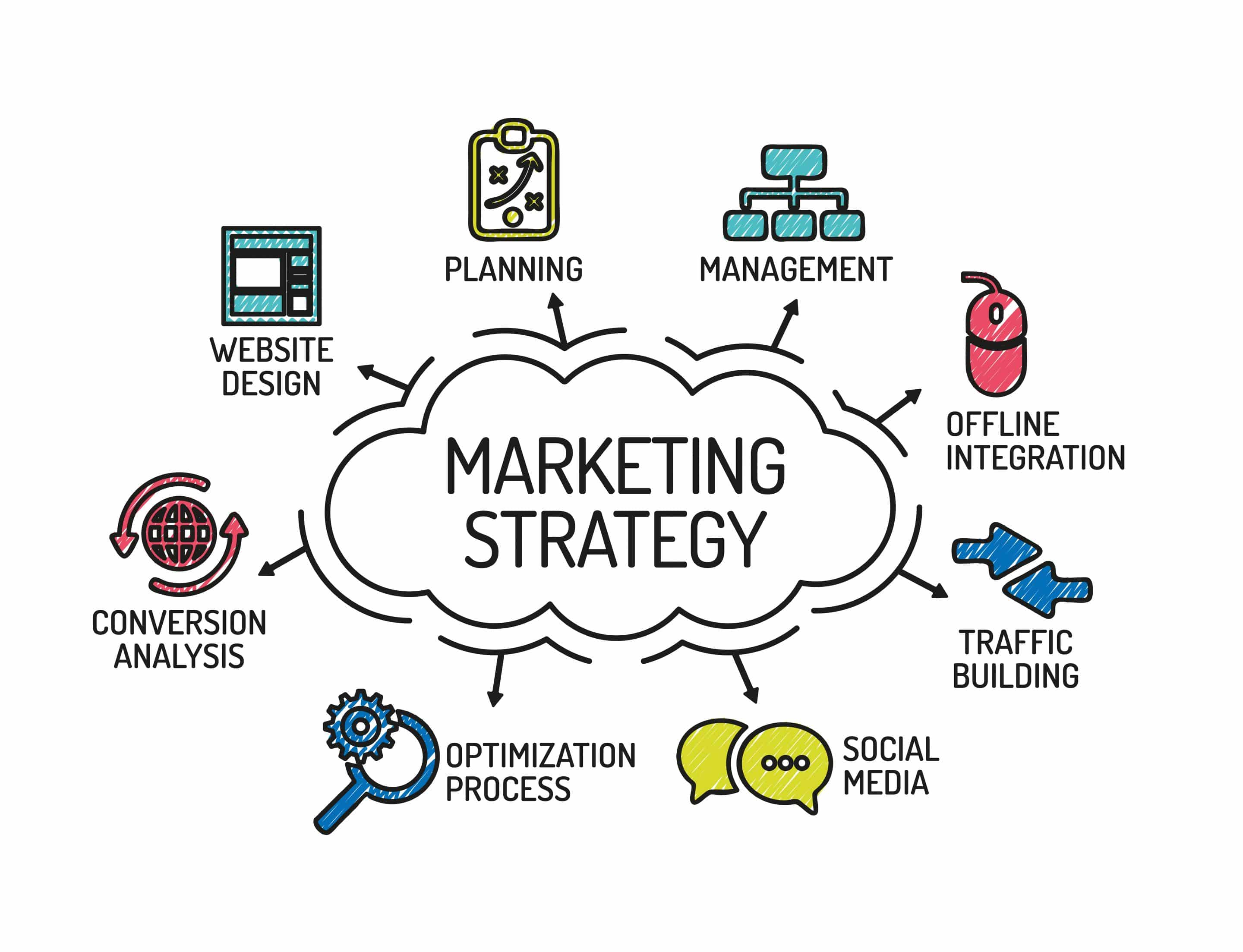Developing a Strong Online Presence with Effective Marketing Techniques
Understanding the Impact of Influencer Marketing on Consumer Behavior
In today's digital landscape, influencer advertising has emerged as a powerful force in shaping consumer behavior, yet its intricate effects on buying decisions remain a subject of keen interest. By leveraging credibility and relatability, influencers usually succeed where typical advertising and marketing drops short, cultivating trust fund and driving involvement. The subtleties behind these shifting dynamics elevate compelling questions about the emotional devices at play and the developing expectations of customers. As brand names navigate this facility surface, the broader effects for brand name loyalty and consumer trust fund beckon further expedition, triggering an evaluation of strategies for effective interaction. What lies under the surface area?
The Rise of Influencer Advertising
Influencer advertising has quickly end up being an essential method in the electronic advertising landscape, essentially changing how brands involve with their target markets. Brand names are progressively leveraging these influencers to magnify their reach and foster authentic connections with potential customers.
The ascent of influencer advertising and marketing can be associated to the symbiotic partnership in between influencers and their followers. Additionally, the considerable reach and interaction rates that influencers command provide brand names with an opportunity to accessibility diverse demographics efficiently.
In addition, technological innovations have strengthened this pattern, enabling a lot more exact targeting and analytics. Brands can currently determine and work together with influencers whose target markets align with their target audience, optimizing their advertising and marketing strategies. Therefore, influencer marketing remains to advance, reshaping the consumer-brand dynamic in a digital age.
Emotional Drivers of Influence
At the core of influencer marketing's efficiency lie a number of mental motorists that greatly influence customer actions. Influencers, with their big followings, create a perception of popularity and approval, persuading customers to straighten with the advertised selections.
An additional critical psychological driver is the principle of relatability. Influencers often share personal tales and experiences, cultivating a psychological connection with their audience. By appearing relatable, they reduce the regarded range in between themselves and consumers, creating a sense of sociability and affecting choices with shared values and experiences.
Scarcity additionally plays a crucial duty, as influencers often highlight unique items or limited-time offers, using consumers' fear of missing out on out (FOMO) This urgency motivates quicker purchasing choices, utilizing the human tendency to worth unusual opportunities more very.
Furthermore, influencers take advantage of the authority principle. Their experience or standing in a specific area gives integrity, triggering consumers to trust their referrals and follow their lead. Together, these psychological vehicle drivers underpin the influential power of influencer marketing.
Trust Fund and Authenticity in Branding
When it comes to developing a successful brand name, count on and authenticity stand as essential elements that considerably affect consumer actions. In today's digital landscape, where consumers are flooded with information and options, these top qualities function as differentiators that assist brand names stand apart. Trust is fundamental, as it develops a dependable link between the brand name and the customer, fostering loyalty and repeat interactions. It is gained through consistent high quality, openness, and moral practices, which collectively assure consumers of the brand's stability.
Authenticity, on the other hand, directory involves the genuine depiction of a brand name's worths and objective. Customers are significantly attracted to brand names that redirected here line up with their individual beliefs and values. This alignment is typically accomplished when brands communicate their story and purpose truthfully, without considering contrived advertising and marketing methods. In the world of influencer advertising, authenticity is particularly essential, as consumers are adept at discerning real recommendations from paid promos. Influencers that authentically symbolize the brand's principles can properly share this authenticity, thus enhancing customer depend on.
With each other, count on and credibility in branding not just influence acquiring decisions but likewise enhance brand name equity, promoting a positive and long-lasting partnership with consumers.
The Role of Social Evidence

Social proof materializes in various types, such as customer evaluations, endorsements, and the noticeable popularity of an influencer (Marketing). When an influencer supports a service or product, their followers usually translate this recommendation as a recognition of high quality and this content dependability. This result is amplified when multiple influencers share comparable messages, developing a bandwagon result that even more persuades consumers to straighten their getting choices with those of their social circle

Approaches for Reliable Involvement
Making the most of the effect of influencer advertising needs thoroughly crafted techniques for effective engagement. A vital method is choosing influencers whose audience aligns closely with the brand name's target group. This placement ensures that advertising material resonates with possible customers, improving authenticity and trust. In addition, crafting tailored material that reflects both the influencer's voice and the brand's message is critical. Such web content promotes genuine links with target markets and improves the perceived reputation of recommendations.
One more vital method is establishing lasting partnerships instead of one-off partnerships. Sustained communications between influencers and brand names can grow much deeper connections with target markets, leading to greater interaction and commitment. Brands must also take advantage of varied material layouts-- such as stories, reels, and live sessions-- to make best use of reach across different systems and audience preferences.
Evaluating and keeping an eye on interaction metrics enables brands to fine-tune their methods continuously, making sure that influencer collaborations produce optimum outcomes. By implementing these approaches, brand names can properly harness influencer advertising and marketing to affect consumer habits.
Final Thought
Influencer marketing dramatically affects consumer behavior by leveraging psychological vehicle drivers such as social evidence and relatability. The regarded credibility and depend on fostered by influencers boost the persuasiveness of their recommendations, exceeding conventional advertising approaches. As customers progressively prioritize brands that resonate with their worths, influencer marketing's effectiveness continues to expand, reshaping brand-audience engagement (Marketing). Comprehending these characteristics is critical for brand names aiming to improve loyalty and drive investing in decisions via tactical influencer collaborations.
The ascent of influencer advertising and marketing can be attributed to the symbiotic partnership between influencers and their followers. Influencers that authentically personify the brand's principles can effectively communicate this credibility, thereby improving customer trust fund.
By executing these methods, brand names can effectively harness influencer marketing to influence customer actions.
Influencer marketing considerably affects customer actions by leveraging emotional drivers such as social proof and relatability. As consumers significantly prioritize brand names that reverberate with their worths, influencer advertising and marketing's performance proceeds to expand, improving brand-audience engagement.